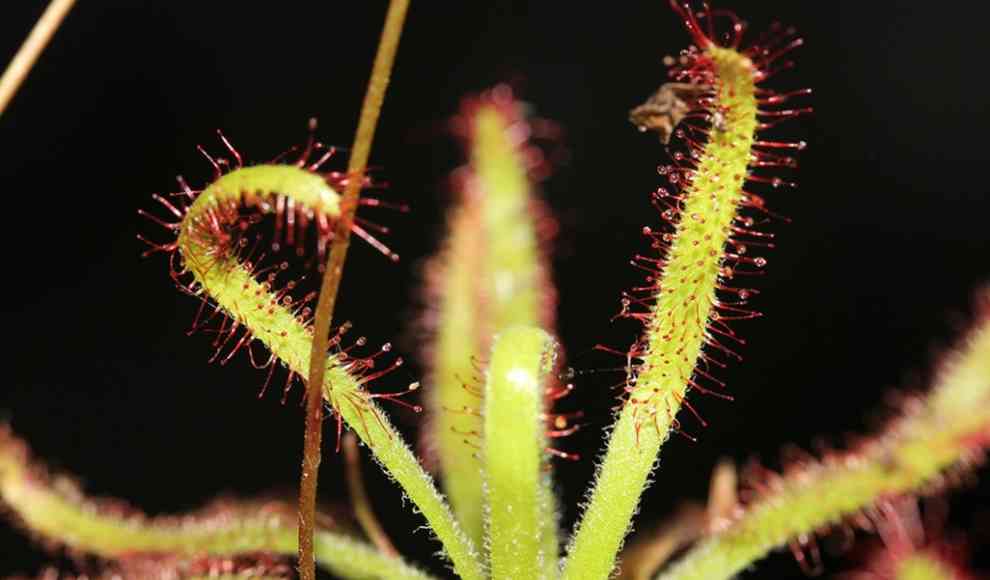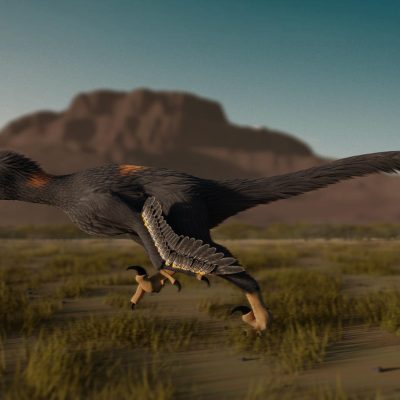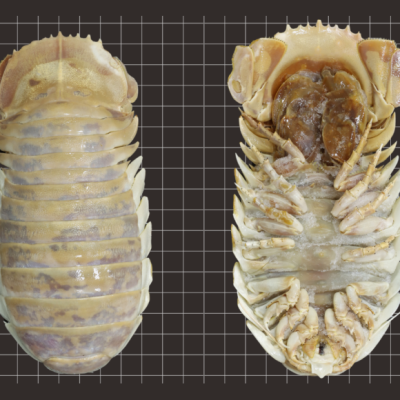In a recent publication in the scientific journal Plant Ecology and Evolution, an international team of scientists announced the discovery of a new carnivorous plant species on the island of Madagascar. The plant, named Drosera arachnoides, is the first new carnivorous plant species to be discovered on the island in over 40 years. With long, thin leaves covered in fine hairs that resemble a spider, the plant is unique in its appearance and behavior.
Drosera arachnoides is one of approximately 250 species of carnivorous plants known as sundews, six of which are endemic to Madagascar. The plant was discovered near a waterfall in the eastern part of the island, where it grows on warm, moist rocks. Despite its small size, the plant is a deadly trap for insects, which are attracted to the glistening droplets on its tentacles. Once caught, the prey is suffocated and digested by enzymes in the plant’s glandular secretions.
Although the discovery of Drosera arachnoides is exciting for scientists, it is also a cause for concern. Due to its limited distribution, the plant has been classified as endangered by the International Union for Conservation of Nature (IUCN). It is unclear whether the plant is found only on Madagascar or if it also occurs in other areas of the southern hemisphere. Nevertheless, the discovery of this new species highlights the importance of preserving the unique biodiversity of Madagascar and other regions where carnivorous plants thrive.










